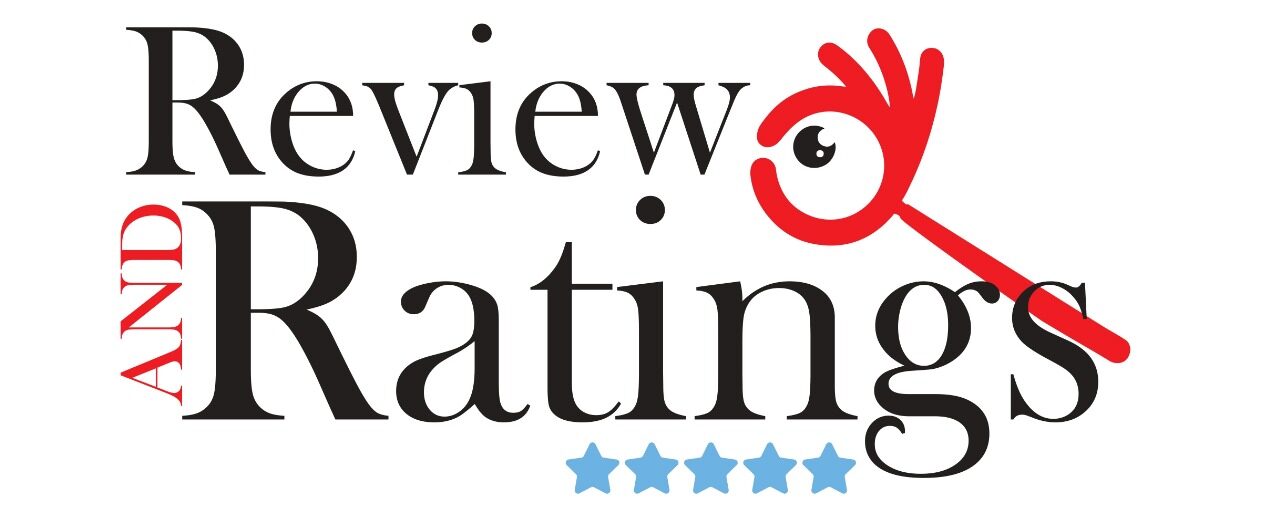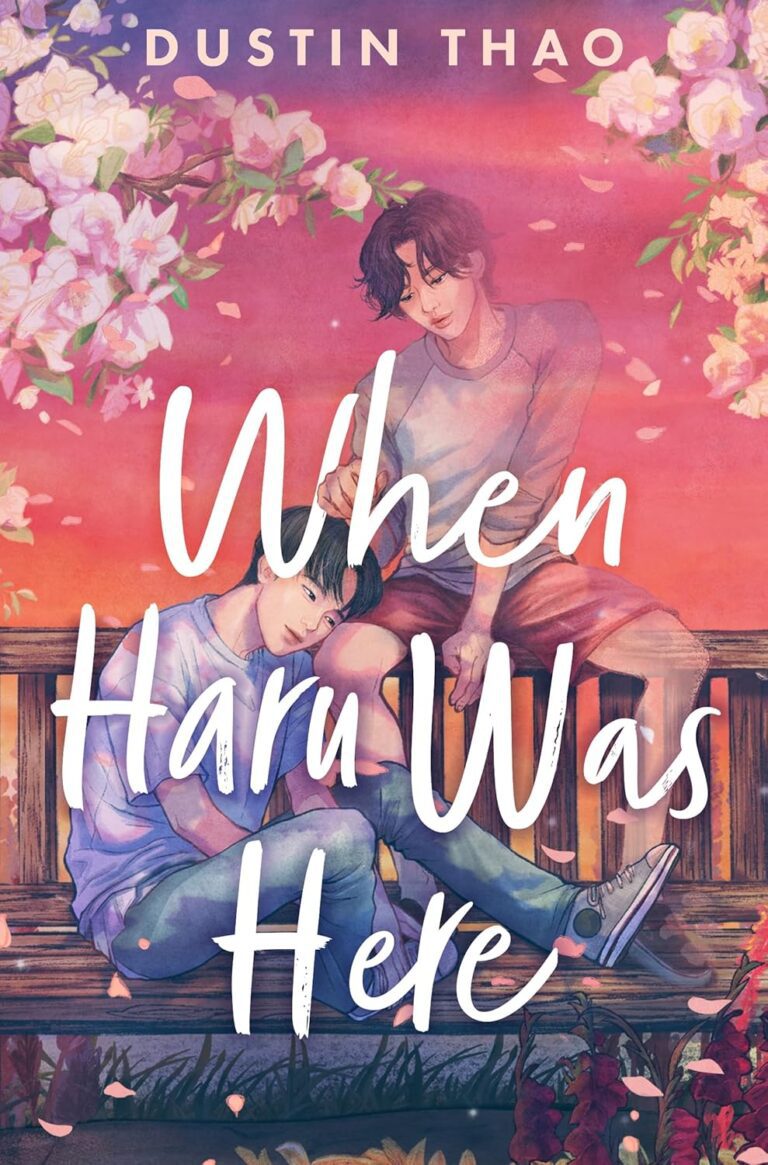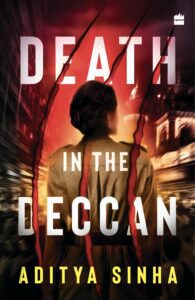Author : Dustin Thao
Genres : contemporary
When Haru Was Here by Dustin Thao is an emotional rollercoaster that delves into the profound themes of grief, love, and moving on. Dustin Thao, the acclaimed author behind the heart-wrenching novel “You’ve Reached Sam,” showcases his exceptional storytelling skills once again. Known for his ability to craft stories that tug at the heartstrings, Dustin Thao explores how pain and sorrow shape our realities. His approach to portraying grief and loss is raw and authentic, making “When Haru Was Here” a must-read for anyone who appreciates novels that explore deep emotions and the human condition.
Summary
When Haru Was Here revolves around Eric Ly, a young man struggling with the death of his best friend, Daniel. Unable to face reality, Eric creates imaginary scenarios in his head to cope with the overwhelming grief. During one of these imagined moments, Haru Tanaka, a boy Eric met the previous summer in Japan, reappears in his life. However, there’s a twist—Haru is invisible to everyone except Eric. As they reconnect, Haru becomes Eric’s lifeline, helping him navigate through the darkness of his sorrow. Their bond deepens, but as they spend more time together, Eric begins to question what’s real.
Haru’s presence offers solace, yet it also blurs the lines between reality and fantasy. This connection helps Eric face his grief, but he must confront the fear that Haru, just like everyone else, might disappear once again. Dustin Thao masterfully weaves a tale that addresses the pain of losing loved ones, the struggle of moving forward, and the bittersweet beauty of cherished memories. When Haru Was Here is an emotionally charged journey that explores how love, even when fleeting, can bring healing and hope. This novel touches on profound questions about the ways we cope with loss and find light in our darkest moments, making it a heart-rending and unforgettable experience.
Main Characters
Eric Ly: The protagonist, a 19-year-old Vietnamese man, battling grief after losing his best friend, Daniel. His journey is central to When Haru Was Here.
Haru Tanaka: A mysterious boy from Eric’s past who reappears when Eric is at his lowest. Haru’s enigmatic presence helps Eric confront his pain.
Daniel: Eric’s deceased best friend. His memory haunts Eric, shaping his actions and thoughts throughout the novel.
Jasmine: Eric’s sister, who is adjusting to her own life while dealing with her brother’s struggles.
Kevin: A supporting character who tries to offer Eric the support and stability he needs.
Plot
Dustin Thao’s narrative in When Haru Was Here is beautifully layered, blending fantasy and reality in a way that mirrors Eric’s turbulent emotional state. The author masterfully intertwines themes of grief, loneliness, and hope, creating a story that is both heart-wrenching and thought-provoking. As Eric’s journey unfolds, the narrative shifts between moments of painful introspection and brief flashes of happiness, capturing the unpredictable nature of mourning.
The pacing is intentionally uneven, mimicking the erratic flow of emotions that Eric experiences. At times, the story moves slowly, allowing readers to feel the weight of Eric’s sorrow, while other moments rush forward, heightening the intensity of his emotional turmoil. This fluctuation keeps readers fully engaged and mirrors the chaotic, unpredictable nature of grief.
Dustin Thao’s writing style is poetic yet grounded, with vivid imagery that brings the settings and emotions to life. His descriptions of Eric’s inner thoughts and feelings are raw and honest, making them feel deeply authentic. The dialogues are not just conversations but windows into the characters’ souls, often leaving a lingering impact. The author’s use of metaphors and symbolism enriches the narrative, making “When Haru Was Here” a beautifully crafted and immersive experience that resonates with readers on multiple levels.
Theme
Grief and Loss: The story deeply explores how Eric copes with the death of his friend Daniel and the impact it has on his life.
Reality vs. Imagination: As Eric creates scenarios in his head, the line between what’s real and what’s imaginary becomes increasingly blurred.
Loneliness and Connection: The novel portrays Eric’s journey from isolation to finding solace in his connection with Haru.
Healing and Acceptance: Ultimately, the story emphasizes that healing is a journey, and accepting loss is a crucial part of moving forward.
Message
The powerful message of “When Haru Was Here” is that grief is a complex journey, and everyone copes differently. Dustin Thao shows that it’s okay to feel lost, broken, and to hold onto memories as we heal. The story reminds readers that even when faced with overwhelming pain, there is hope and a path forward. “When Haru Was Here” teaches us that healing doesn’t mean forgetting; it means finding a way to move forward while cherishing the love we’ve experienced.
Strength
Emotionally Resonant: The book captures the rawness of grief and sorrow beautifully.
Realistic Portrayal of Grief: Dustin Thao’s portrayal of Eric’s emotional turmoil is authentic and relatable.
Complex Characters: Eric and Haru’s relationship is complex, layered, and evolves realistically throughout the novel.
Poetic Writing: The author’s use of descriptive and emotive language adds depth to the narrative.
Weakness
Pacing Issues: At times, the pacing feels inconsistent, with some scenes dragging on.
Repetitive Moments: Eric’s repetitive thought patterns can feel redundant, mirroring the confusion he experiences but slowing down the narrative.
Underdeveloped Side Characters: The side characters, such as Eric’s sister and friends, could have been more fleshed out.
Reading Experience
As a reader, When Haru Was Here took me on an emotional journey that felt personal and profound. The story drew me in with its relatable portrayal of grief, making me reflect on my own experiences with loss. The moments between Eric and Haru were poignant, and the sense of longing was palpable. Despite its flaws, the novel left me feeling hopeful and reminded me of the healing power of love and connection.
Recommendation
I highly recommend When Haru Was Here to readers who enjoy emotionally charged stories that explore grief, healing, and self-discovery. If you loved “You’ve Reached Sam” or other books that delve into the complexities of loss, this novel will resonate with you. It’s a beautiful, albeit messy, exploration of love, pain, and acceptance.

Rating : 4/5
Happy Reading !
Available on Amazon : https://www.amazon.in/When-Haru-Here-Dustin-Thao/dp/1035008971
FAQs:
Does “When Haru Was Here” have a happy ending?
The ending of “When Haru Was Here” is bittersweet, offering a sense of hope and healing for Eric, even though his journey through grief remains ongoing.
How does “When Haru Was Here” compare to “You’ve Reached Sam”?
Both books deal with grief, but “When Haru Was Here” dives deeper into the protagonist’s psychological struggle, blending reality and fantasy to portray his healing process.
Is “When Haru Was Here” suitable for young adults?
Yes, “When Haru Was Here” is perfect for young adults who appreciate heartfelt stories about loss, self-discovery, and hope.
Checkout other book reviews at: http://reviewandratings.com/category/books/




